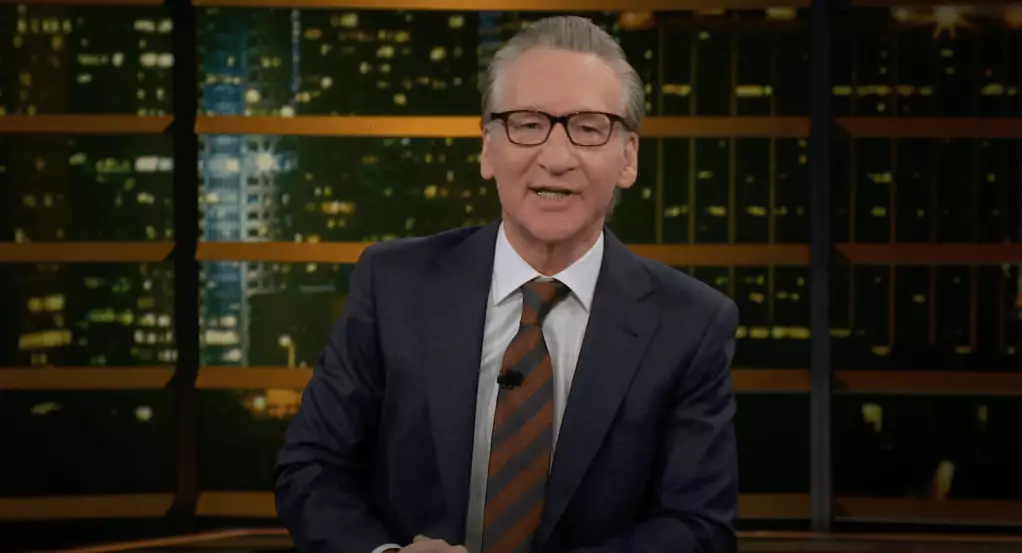In the realm of political commentary, few figures wield a sharper tongue than Bill Maher. His recent Season 22 finale of *Real Time With Bill Maher* encapsulates his unique ability to blend humor with social critique, all while navigating the chaotic waters of contemporary American politics. However, while Maher’s comedic style is frequently lauded, it is essential to engage critically with his content, examining not only the jokes themselves but also the broader implications of his satirical commentary.
Political satire serves as both a mirror and a magnifying glass, reflecting societal norms and dissecting the absurdities of political power. Maher’s approach—a mix of humor, outrage, and blunt observations—highlights the often surreal landscape of American politics, especially during a time when key figures, like Donald Trump, have dominated the headlines. However, one must question whether Maher’s style effectively contributes to political discourse or merely perpetuates divisiveness and cynicism.
For instance, his opening quip regarding Trump’s infamous Access Hollywood tape is emblematic of Maher’s method. By starting with an off-color joke about sexual misconduct, he aims to galvanize his audience’s indignation. Yet, this tactic raises an essential conundrum: does the simplification of complex issues into punchlines risk trivializing serious discussions around consent and power?
As Maher meanders through the array of cabinet picks made by Trump, he engages in humor that juxtaposes personal attributes against political affiliations. For example, his comment about Pam Bondi—a former Florida Attorney General—and the dubious praise from Lindsey Graham exemplifies a style that desperately seeks the punchline but occasionally misses the underlying reality of the political environment. The quip about Graham’s enthusiasm being a sign of overcompensation is humorous, yet it also perpetuates stereotypes about masculinity and power.
As audience members laugh, they may overlook the deeper issues of representation and the struggle for LGBTQ+ rights amid Republican policies, especially in light of the first transgender member of Congress who is initially relegated to a political backseat. This blend of humor and serious issues poses the question of whether Maher’s comedy offers real insights or merely reinforces existing biases within the political spectrum.
Maher’s closing remarks, which suggest that Trump’s cabinet could be “the first cabinet that’s asked to stay [outside] 500 feet of a school,” lead to smiles yet contribute to the prevailing atmosphere of political cynicism. Such statements may resonate powerfully with those who align with Maher’s viewpoints, but they also risk alienating individuals from productive dialogue. Satire is often at its best when it invites laughter while prompting reflection. Still, one must consider whether constant derision can inadvertently solidify echo chambers rather than foster understanding.
The risks of political disengagement are especially pronounced in an era where misinformation and divisive narratives thrive. As Maher sharpens his wit against figures associated with Fox News, his implication—that nobody can genuinely appreciate interactions with such media—presupposes a universal rejection of alternative perspectives, which may alienate potential audiences rather than bridge gaps.
In reviewing Maher’s recent finale, one discerns a talented satirist grappling with the complexities of a deeply polarized landscape. While his jabs at Trump and his associates offer comedic relief, they often skate past intricate social issues that require nuanced discussions. The art of political humor lies in its capacity to inspire dialogue rather than merely induce laughter.
Ultimately, Maher embodies the paradoxical nature of political commentary—existing at the intersection where humor meets healing, or derision meets division. As societal tensions continue to escalate, the challenge for satirists like Maher lies in creating a balance: crafting comedy that enlightens without diminishing the urgency of political engagement. So, while Maher remains a formidable voice in political satire, the challenge—and opportunity—lies in enhancing conversations beyond the stage, ensuring that laughter does not eclipse critical thought.

